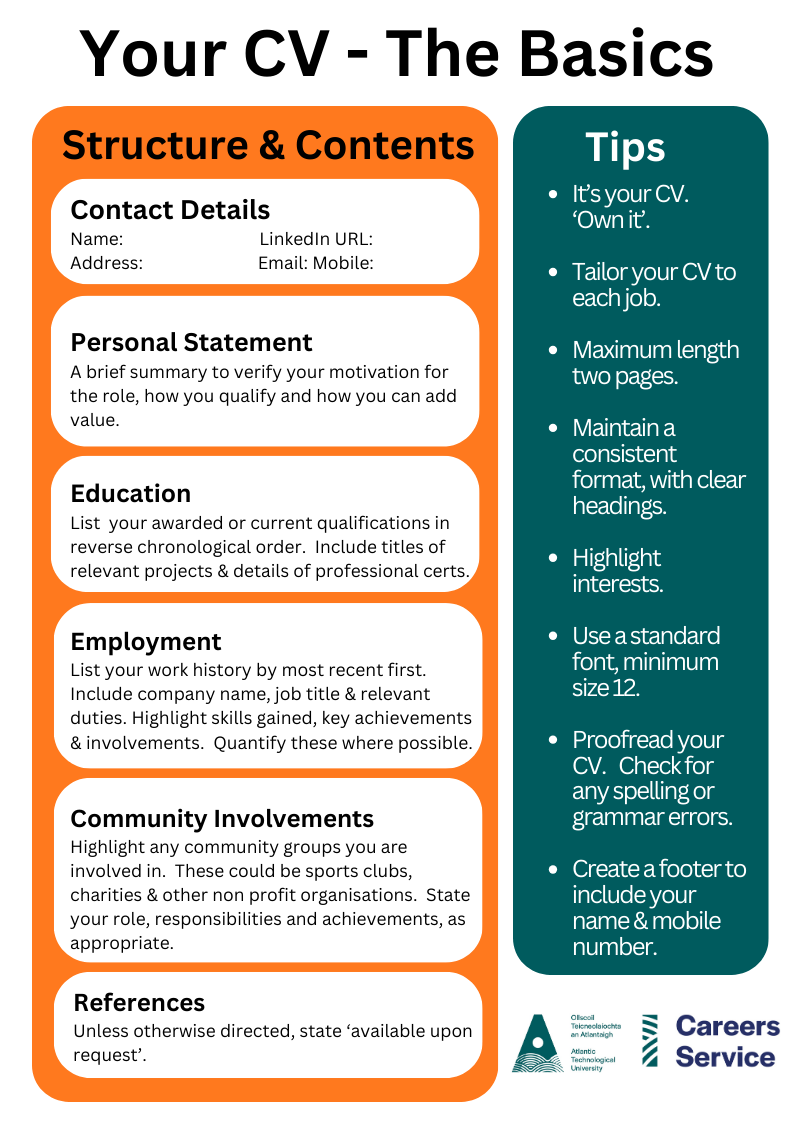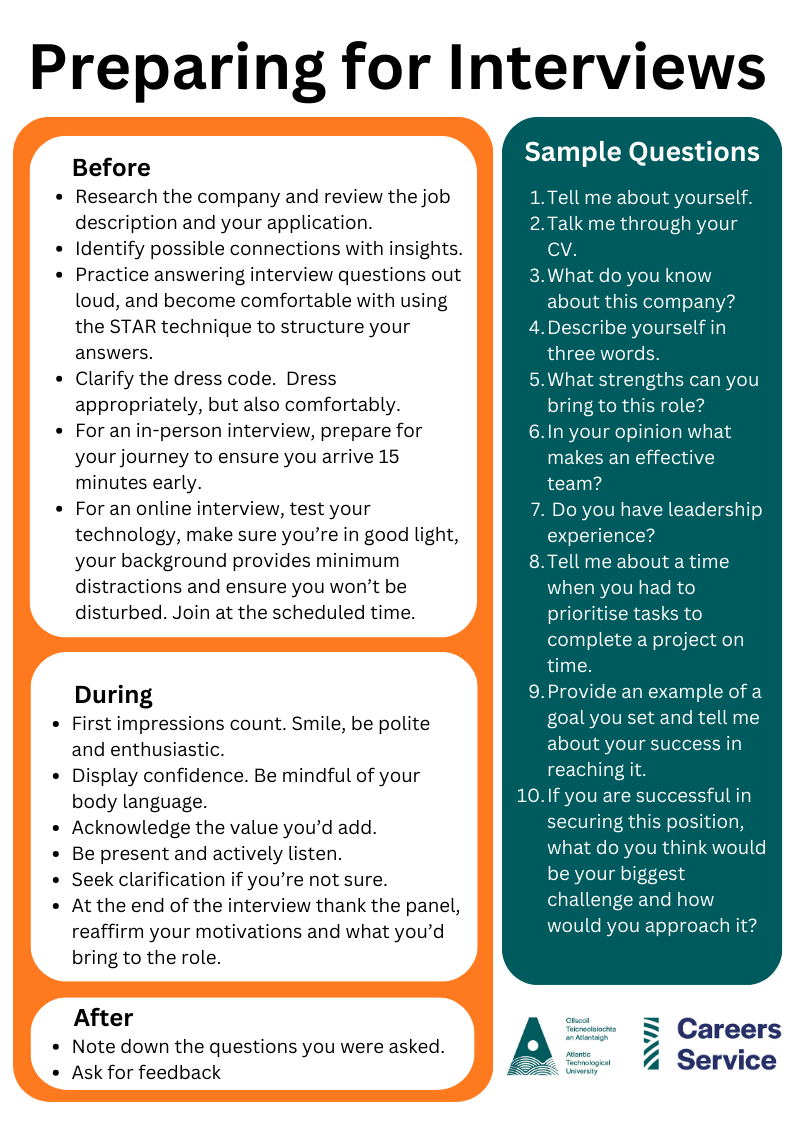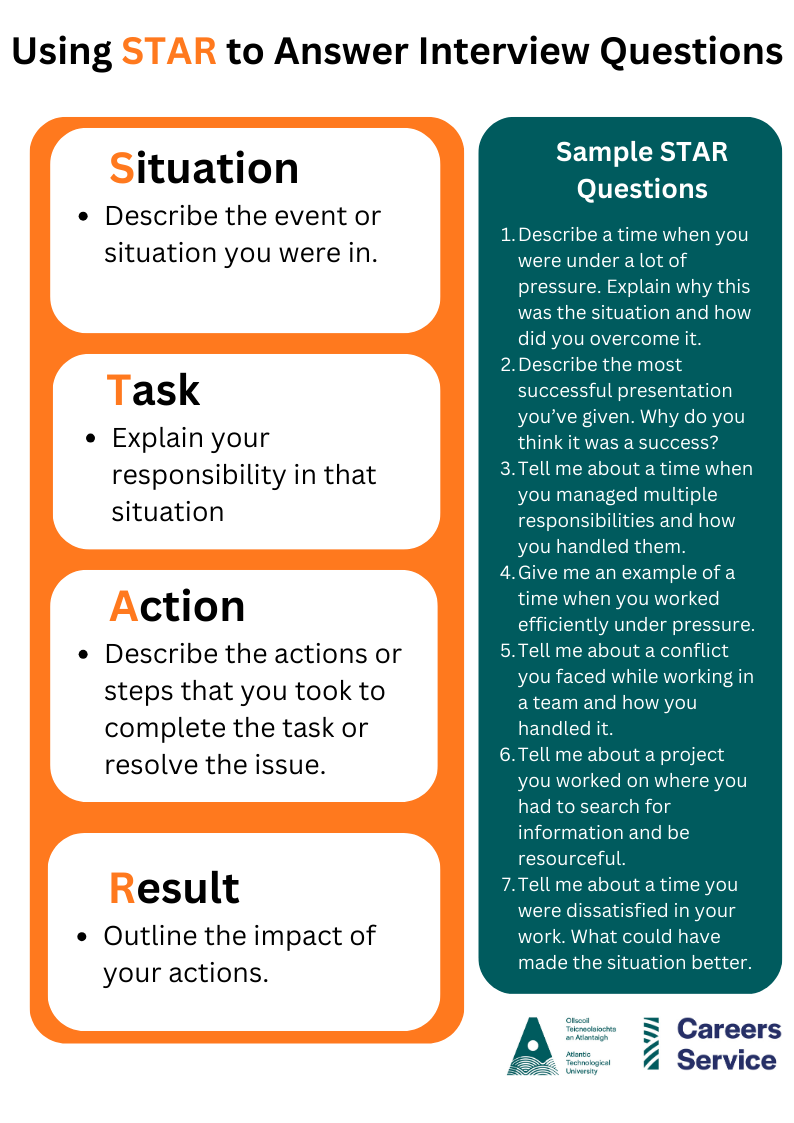Course Summary
With a minimum of 3,000 new civil engineers needed to ensure the successful delivery of Project Ireland 2040, the National Development Plan, the Climate Action Plan 2019, Housing for All & Active Travel investment, the Civil Engineering Consortium was formed to develop formal qualifications in this space by way of apprenticeship and thus increase the uptake of Civil Engineering as a profession.
Launched in 2023, this exciting programme creates an alternative career path to the Civil Engineering profession in Ireland. The civil engineering apprenticeship programme is transformational, and over time, will bridge the shortfall in supply of engineers in Ireland, providing those skills critical to the delivery of Ireland's bold infrastructural plans.
On completion of this two-year apprenticeship, you will become a fully qualified civil engineering technician, with an NFQ Level 6 Higher Certificate in Civil Engineering.
Key Course Information
Apprentices attend online lectures one day per week (fixed day each semester) and an additional day per month on campus (for labs and workshops). The other three/four days per week will see the apprentices in the workplace learning 'on the job'. Apprentices will get hands-on experience of the modules they are studying while in their workplace, giving them a deeper understanding of what they are doing and why they are doing it.
There are 3 semesters each year (Semester 1: September – December. Semester 2: January to May. Sem 3: June - August). During semesters 1 & 2 apprentices attend lectures and workshops as above. Apprentices complete their work based learning and on the job training during semester 3.
Further information for both prospective apprentices and employers can be obtained by contacting civilapprenticeships.sligo@atu.ie
Further information can be found at Generation Apprenticeship

If you missed our online Civil Engineering Apprenticeship information evening on April 10th, please watch the recorded briefing here.
Don't miss out on this valuable opportunity to hear from our existing apprentices and gain insight into our programmes and take the next step towards a successful career.
Application Closing Date : 15th August 2025
Entry Requirements
To become an apprentice in Ireland you must be hired by an employer. Apprenticeship employers are formally approved by SOLAS in advance of employing apprentices. Apprentices will get a formal contract of employment as part of their apprenticeship.
To undertake this apprenticeship you must:
- Be at least 18 years of age
- Have a QQI Level 5 (or equivalent).
- Have a Pass Grade in Maths at Level 5 (or Equivalent).
Non-Standard Entry
In the case where an applicant does not meet the educational requirements specified above, acceptance on a case by case basis will be based on an interview process to determine previous experiential learning, the student’s suitability to the subject area and their commitment to achieving the minimum intended programme learning outcomes.
Further to the above requirements, applicants should have:
- An interest in Civil Engineering and the built environment.
- An interest in Mathematics and problem solving.
- Solid literacy, verbal, and numeracy skills.
- Ability to plan and prepare work.
- Good analytical and problem-solving skills.
- Good computer skills.
- Good interpersonal skills.
- Be safety focused.
- Ability to work independently and as part of a team.
To find an apprenticeship, you can search for apprenticeship vacancies on the Apprenticeship Jobs Page (Generation Apprenticeship). You can search for vacancies by location and by apprenticeship.
Please refer to Generation Apprenticeship to find a list of current SOLAS registered employers for this apprenticeship.

Career Opportunities
You may choose to work as a civil engineering technician in the following sub-sectors of the construction industry:
• Government agencies & Local Authorities – the clients responsible for commissioning projects and managing assets
• Consulting – supporting clients to design and manage construction projects
• Contractors – constructing the assets e.g. buildings, bridges, reservoirs etc
• Suppliers – providing specialist materials and products to contractors
Projects include the design and construction of civilian infrastructure from buildings such as hospitals and schools to transportation and utilities networks.
Further Study
Graduates of this Level 6 programme can progress to year 3 of the Level 7 BSc in Civil Engineering by apprenticeship programme (Bachelor of Engineering in Civil Engineering by Apprenticeship - Atlantic Technological University Sligo (itsligo.ie). Atlantic Technological University is currently developing a Level 8 honours degree and Level 9 master’s in civil engineering by way of apprenticeship. This will complete a suite of civil engineering programmes by way of apprenticeship providing progression pathways from Level 6 to Level 9.
You may also use the qualification to progress within the sector and/or to higher education programmes.
It is envisaged that advanced entry onto the Level 8 Apprenticeship programme will be available to candidates who hold a Level 7 in Civil Engineering.
For further information and to register your interest please email civilapprenticeships.sligo@atu.ie
Did you know?
An impressive CV gets you noticed, but a successful interview gets you the apprenticeship. To support you in presenting your best self, we have included some useful tips to help polish your CV and sharpen your interview skills.




Programme Fees
All tuition fees are paid by the National Training Fund. However, there is a student contribution for this programme of €1200 per year.
If your employer is paying this contribution directly, please contact civilapprenticeships.sligo@atu.ie for further information.
